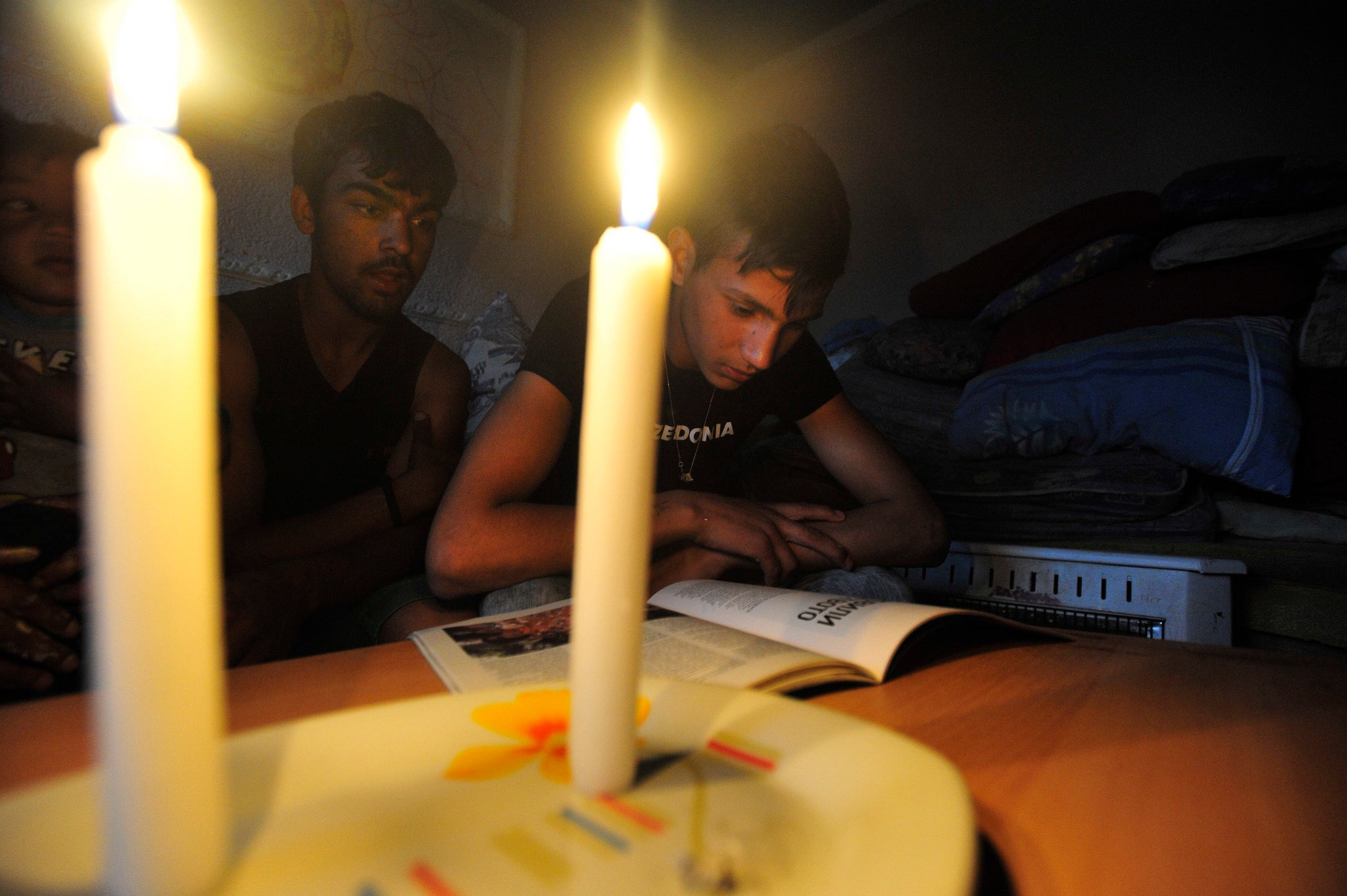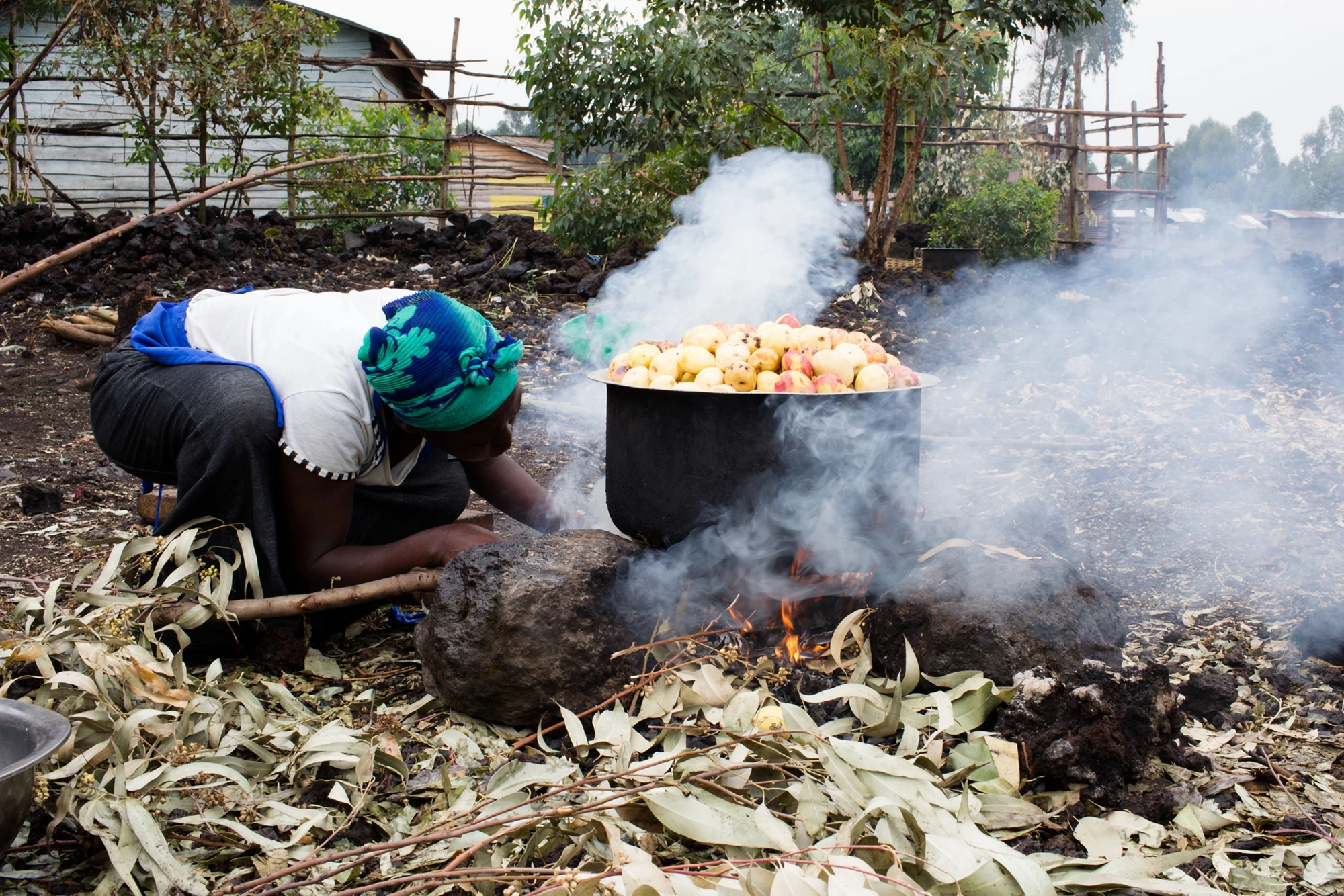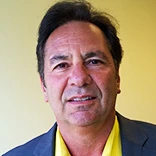
Earlier this year I was on a panel organized during the Fragility Forum 2016, where the question posed to a panel of five was, “what can we do on energy in fragile states? ”
But I found myself thinking, "how can we afford to do nothing?"
Modern energy is a cornerstone of sustaining and empowering people, as much as it is for economic growth. When I think about it, the first thought that comes to mind is that children in any country have the right to learn to read and write without being put in danger through kerosene lighting at night. It is precisely this new generation in fragile states that we cannot afford to lose if we do not want countries to become failed states .
While we may not have all the answers for how best to engage, the World Bank has long recognized the need to support even the most fragile of environments. Of the 36 countries currently being considered as fragile, only six do not have a major World Bank energy program.

The need for better, sustained engagement is especially critical given how underserved displaced persons or refugees are. Refugees generally have no access to energy, let alone modern energy services. They are not targeted by specific energy programs, such as SE4ALL, for example. Refugees' number one priority is usually cooking, for which they use firewood and charcoal. This puts these already vulnerable people even more at risk: 4.3 million people die of indoor air pollution every year, according to WHO. Improved cook stoves, gas cylinders, and solar lantern appliances could provide the types of services that these people need.
If we know these solutions can help reduce costs and emissions and provide better services, why are these measures rarely implemented in refugee camps?
One big reason is that there is a lack of energy expertise when planning humanitarian programs , and most of the efforts are usually implemented in the short term. There is a false assumption that people should return quickly to their homes and therefore solutions that are more permanent are not provided to them.
Another area that requires specific attention when working in fragile states is planning energy sector development against a background of great uncertainty . Factoring in redundancies -- through off-grid systems and by building on distributed energy, for example -- need further exploration.
For example, a recent study for Afghanistan looks at the energy security trade-offs under uncertainty. The traditional "predict, then act" approach supported by least cost expansion planning does not necessarily help identify solutions resilient to significant external changes. The study uses methodologies, such as decision analysis, real option methodology and robustness tests to identify options for Afghanistan that are resilient to high levels of uncertainty.
Another paper looks at Southern Sudan and uses enhanced methods to undertake energy planning. It finds that resilience, combined with modular and incremental benefits of distributed generation technologies and systems can support decision-making for infrastructure in the country.
Let's continue to chart the way to close knowledge gaps and help those people that are most in need.


Join the Conversation